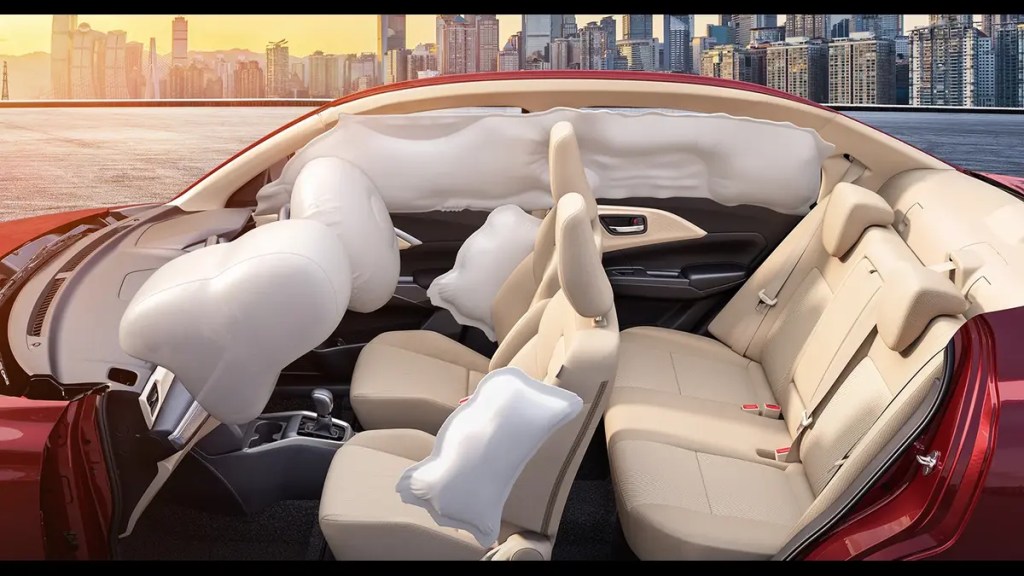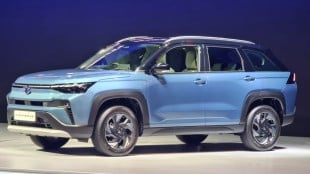The Supreme Court dismissed a petition seeking to mandate six airbags as a standard feature in all passenger vehicles. The bench, led by Chief Justice B. R. Gavai and Justice K. Vinod Chandran, stated that this matter falls entirely under the government’s policymaking domain and not the judiciary.
What does the ruling mean?
India has one of the highest road accident deaths in the world, and currently, it is not mandatory for all vehicles to be equipped with six airbags. Due to the lack of this mandate, the petitioner’s plea stated that by not making six airbags in vehicles a mandate, this was a violation of the fundamental rights guaranteed under Article 14 (equality before the law) and Article 21 (protection of life and personal liberty) of the Indian Constitution.
Chief Justice Gavai and Justice Chandran dismissed the plea and explained that it would be inappropriate for the judiciary to intervene in the executive’s duties. The bench asked the petitioner whether he had presented this to the Centre. The petitioner replied that he had submitted a representation to the Central Government on May 17.
The Supreme Court noted, “If the petitioner has made a representation to the Centre, the same would be considered on its own merits.”
Vehicle safety history
In 2021, the Ministry of Road Transport and Highways (MoRTH) issued a mandate that all vehicles from April 2021 have to be equipped with twin front airbags. In 2022, MoRTH issued a notification stating that passenger vehicles must have six airbags, but later it was deferred. In 2023, the government clarified that the six-airbag rule will not be enforced.
In 2023, the government took a major step towards vehicle safety as it introduced the Bharat New Car Assessment Programme (Bharat NCAP). This is a voluntary vehicle safety program where crash tests are done and star ratings are provided based on the performance.




















